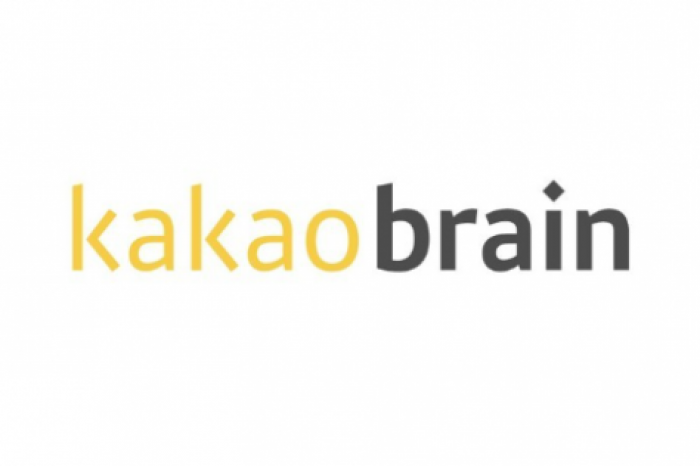Artificial intelligence
Kakao halts its own AI chatbot beta service a day after release
The multimodal chatbot ddmm accurately generates text and images from Korean commands but is not flawless
By Mar 20, 2023 (Gmt+09:00)
1
Min read
Most Read
LG Chem to sell water filter business to Glenwood PE for $692 million


Kyobo Life poised to buy Japan’s SBI Group-owned savings bank


KT&G eyes overseas M&A after rejecting activist fund's offer


StockX in merger talks with Naver’s online reseller Kream


Mirae Asset to be named Korea Post’s core real estate fund operator



Kakao Corp., South Korea’s platform giant operating the country’s No. 1 chat app KakaoTalk, has introduced its first artificial intelligence-powered chatbot in a rush to join the generative AI boom but had to suspend its beta service on Monday, less than a day after its release, due to a sudden surge in traffic.
Kakao Brain, the AI technology arm of Kakao, opened the beta service of ddmm, its multimodal generative AI chatbot, on Sunday night but abruptly halted the service on Monday afternoon, according to sources in the information technology industry.
The company blamed a surge in traffic for the suspension of the free generative AI service, with users jumping to 13,300 less than a day after its release. It does not know when the service will reopen.
Kakao has been seeking to add a Korean version of ChatGPT to its platforms including its chat app KakaoTalk.
The AI chatbot ddmm is powered by Kakao’s Korean-based large AI language model KoGPT backed by GPT-3 and its own AI image generation model Karlo. It enables a one-to-one chat with users.
As a Korean-based multimodal AI model, ddmm generated accurate results in both text and images from Korean prompts. It also showed a high level of accuracy in answering commands in foreign languages such as English or Spanish if they were basic commands.
But ddmm’s biggest difference from other chatbots is that it can search for real-time data in response to commands. Most chatbots respond to prompts with data collected until a certain time in the past.
But it remains flawed despite its real-time search ability.
According to Kakao Brain, ddmm aggregates data in real-time and then sorts out the data to give answers. If there is “too much or too little” data, then the chatbot can give incorrect answers, it said.
In a flood of AI chatbots since the sensational debut of OpenAI’s ChatGPT, it is still impossible to find flawless generative AIs.
The most common problem with AI chatbots is known as hallucination, in which a chatbot makes up an answer from inaccurate assumptions but has no awareness that it fabricated the answer.
Write to Han-Gyeol Seon at always@hankyung.com
Sookyung Seo edited this article.
More to Read
-
 Artificial intelligenceKakao Brain launches web service to turn imagination into images
Artificial intelligenceKakao Brain launches web service to turn imagination into imagesMar 07, 2023 (Gmt+09:00)
1 Min read -
 Artificial intelligenceKakao Brain presents text-based AI motion generation model
Artificial intelligenceKakao Brain presents text-based AI motion generation modelFeb 15, 2023 (Gmt+09:00)
1 Min read
Comment 0
LOG IN


